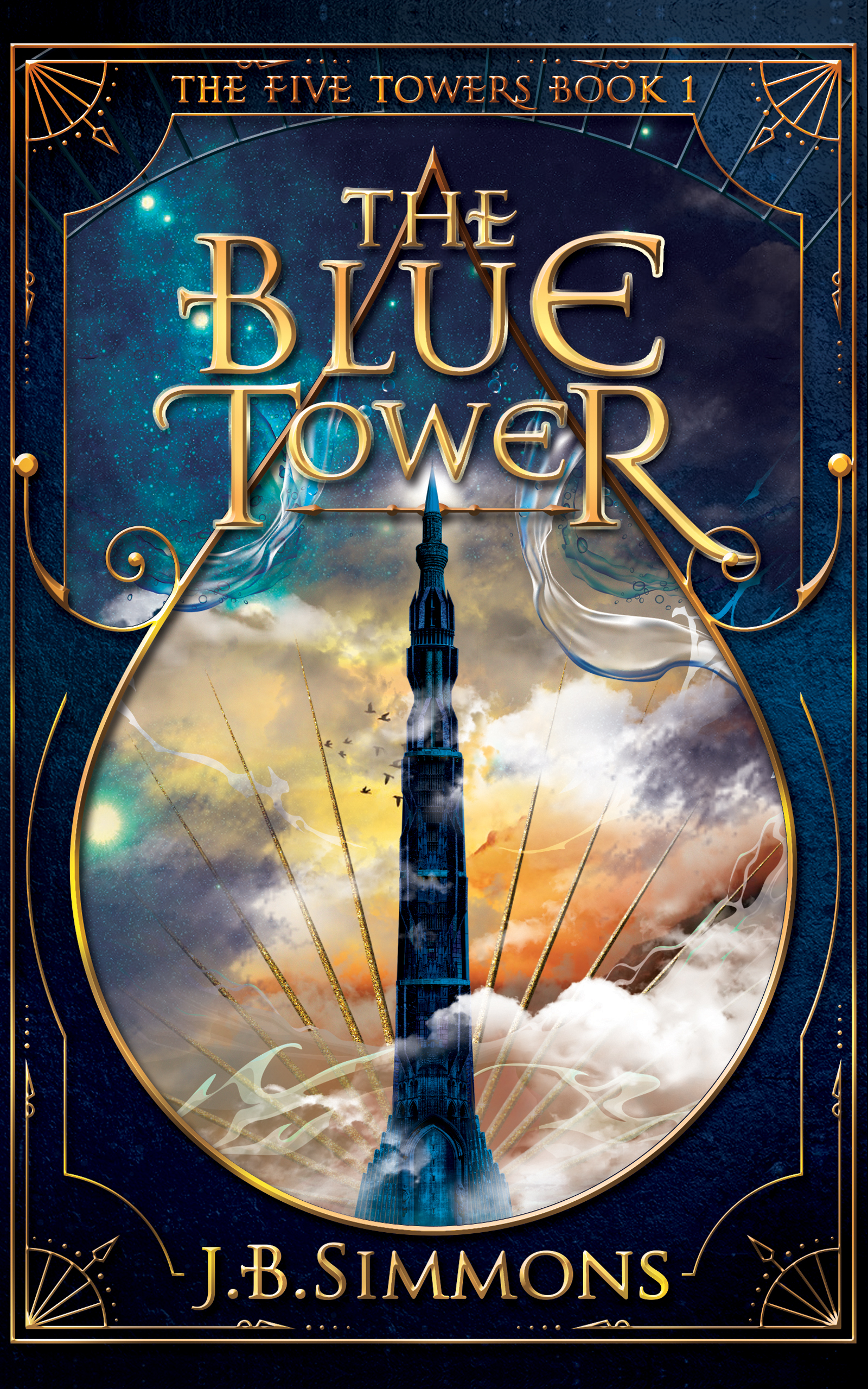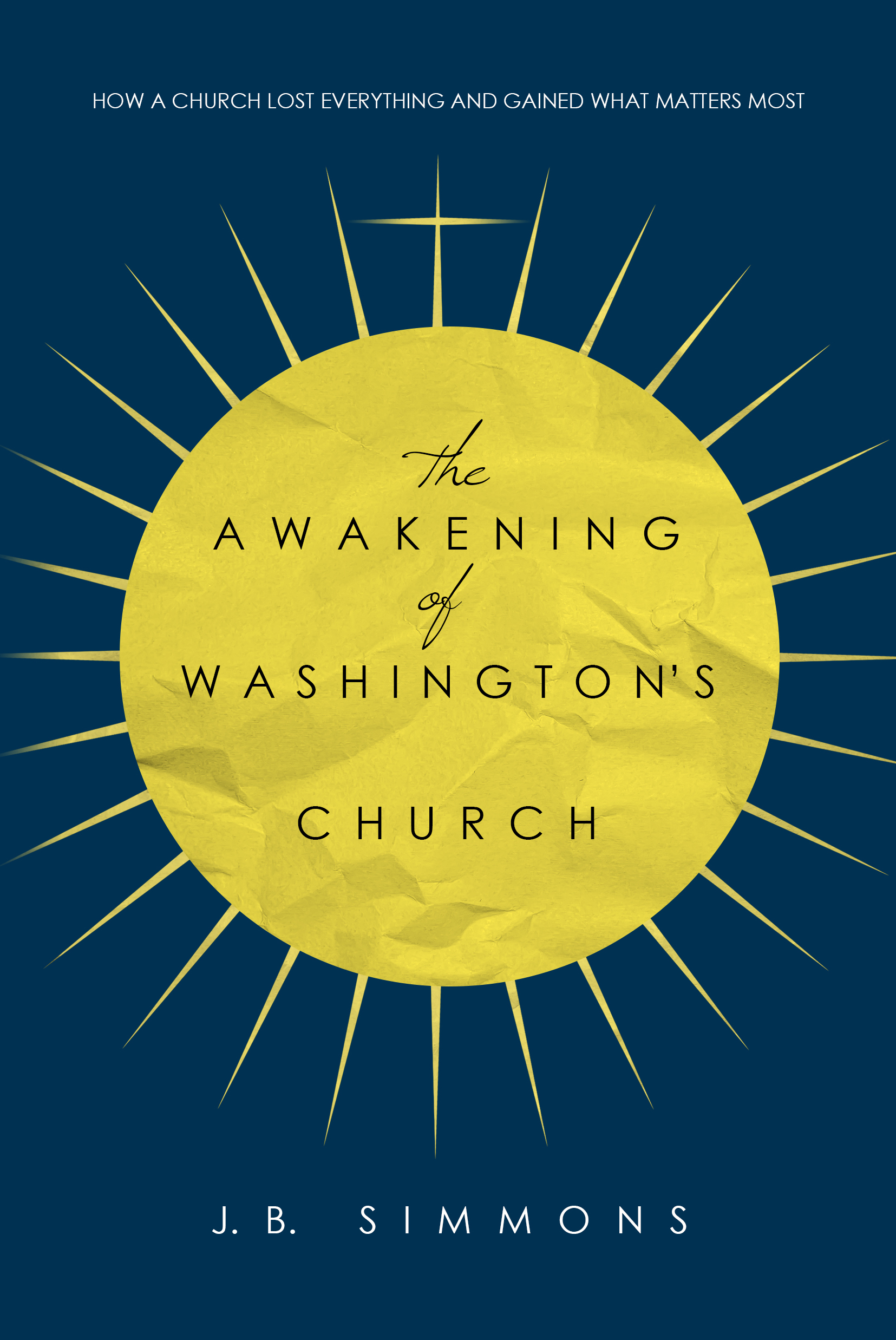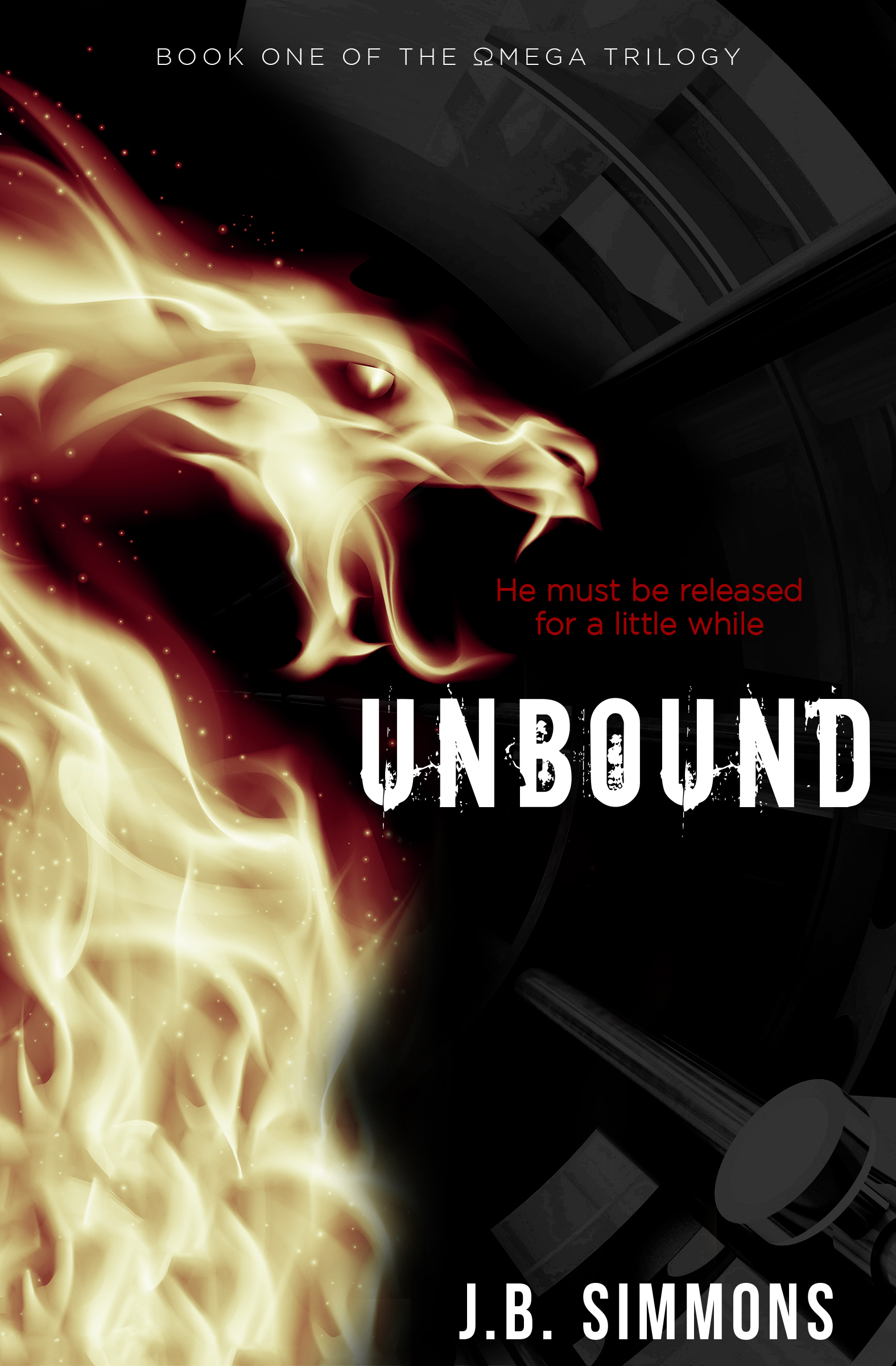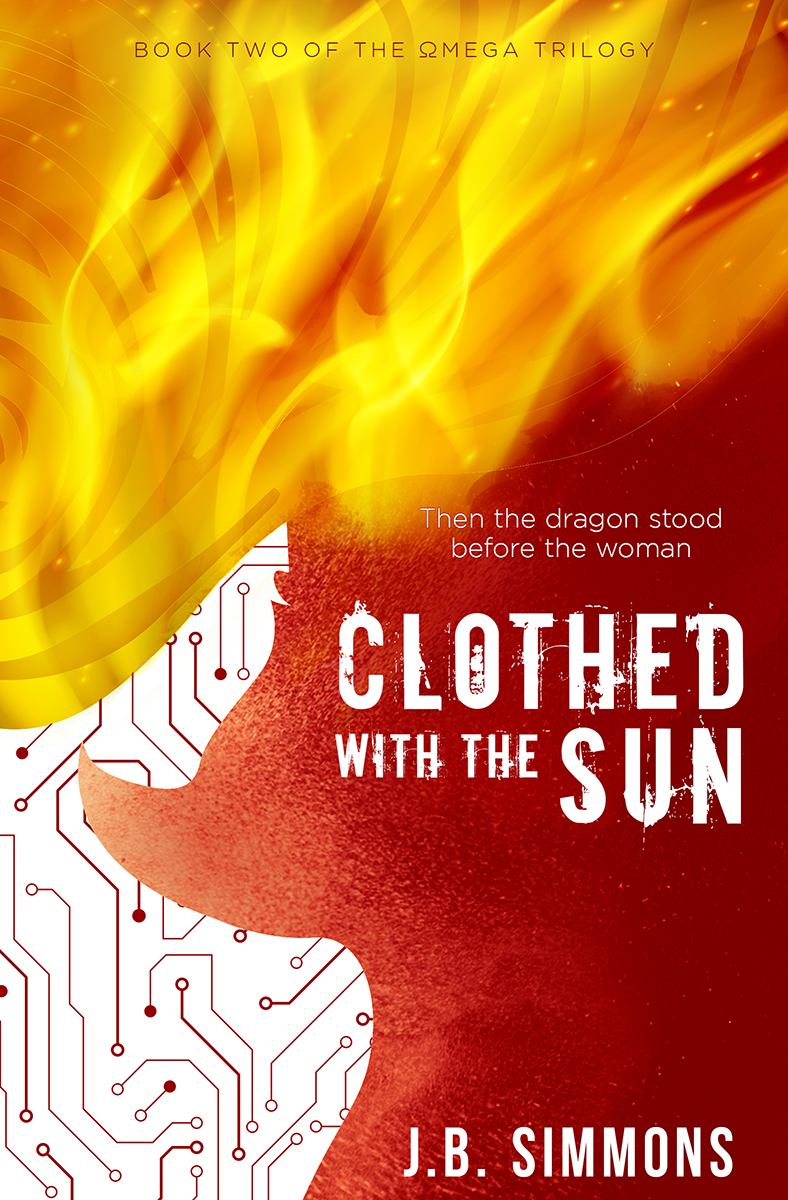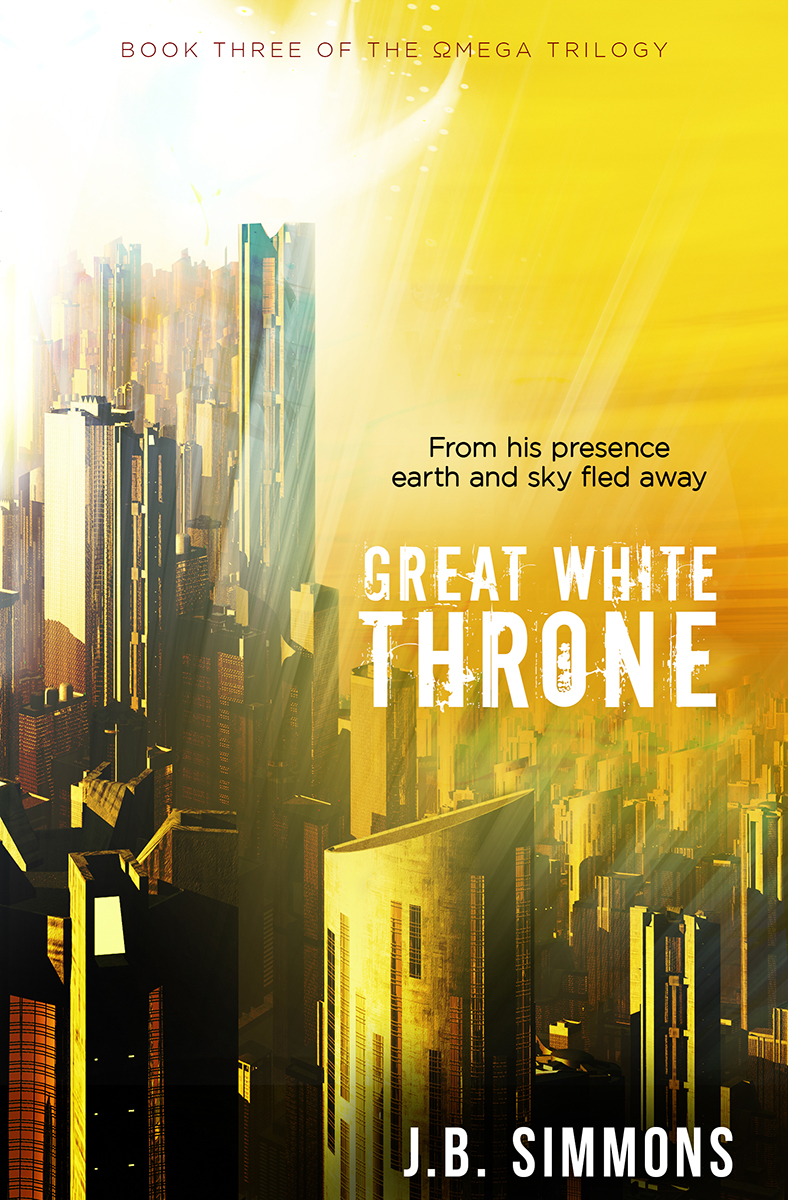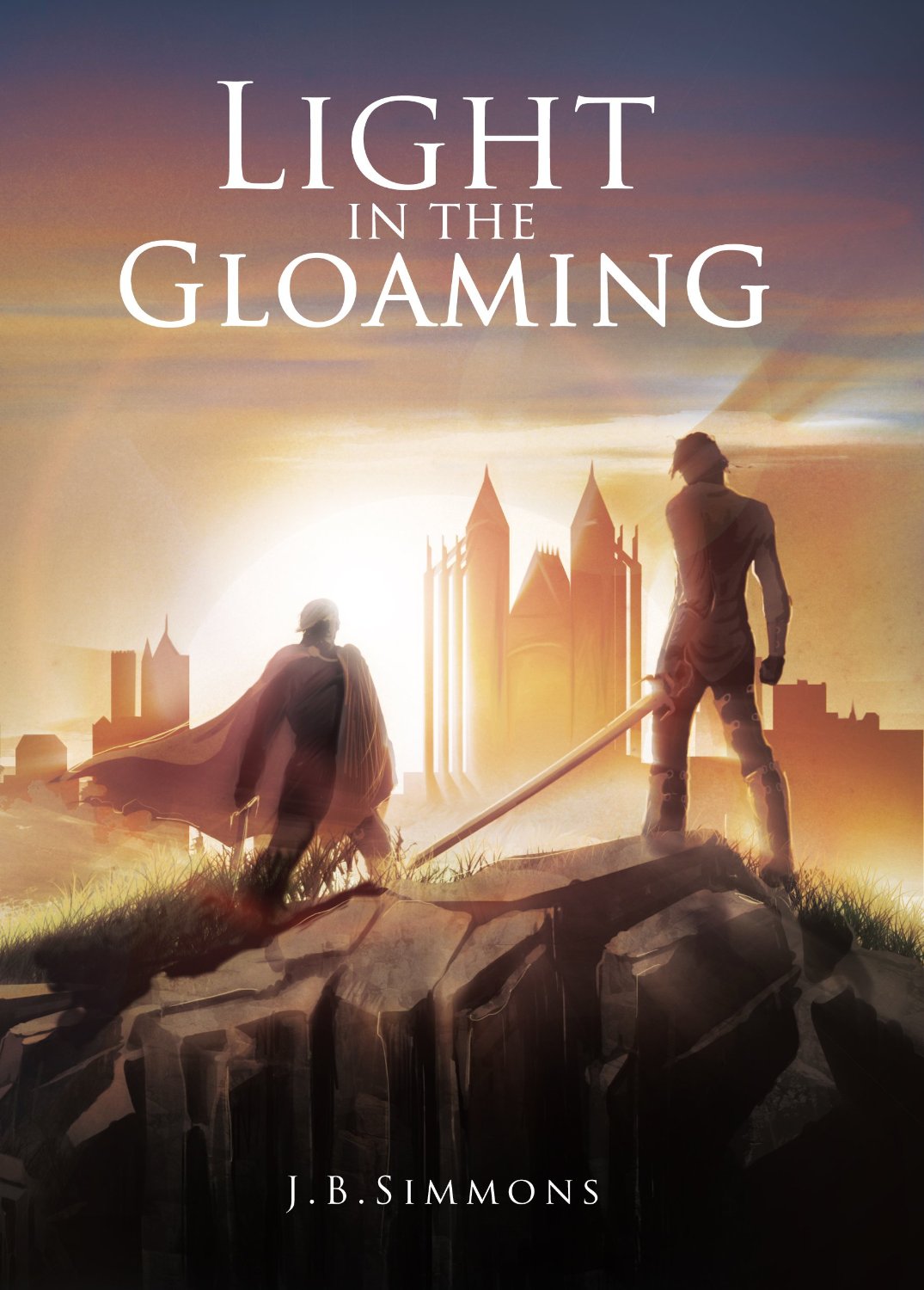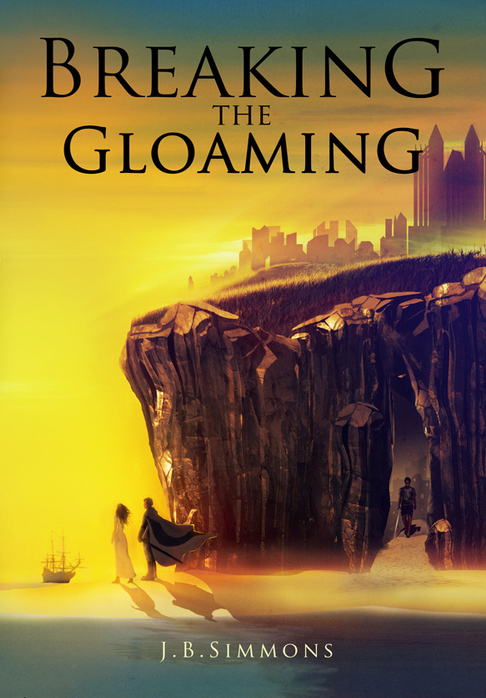Reading A 1,000-Page Book Is Like Running A Marathon
/When was the last time you read a book over 1,000 pages? I mean really read it. Not skimming, reading parts, or cramming with cliff notes before a test. I bet it has been a long time, if ever.
There’s no judgment here. There’s just this: we’re more distracted than ever, so reading a long book has become a monumental task. It’s harder than running a marathon, in my opinion, and I’ve done both. In fact, I might even invent a new bumper sticker like those ubiquitous white circles with the bold, black numbers “26.2”—except this one will say: “1,000+”. Here’s how to join the club, and why you should.
Read More





